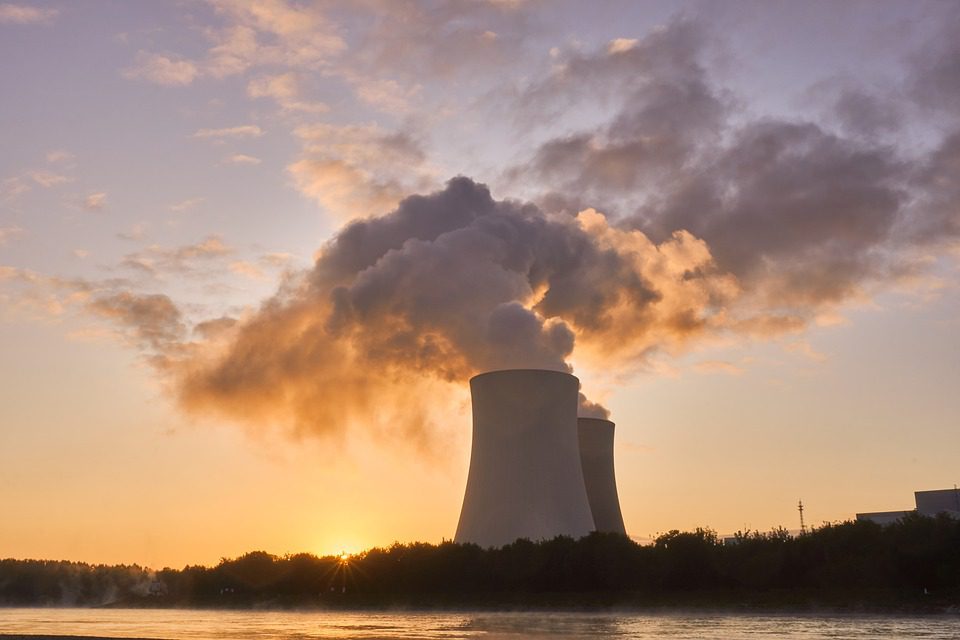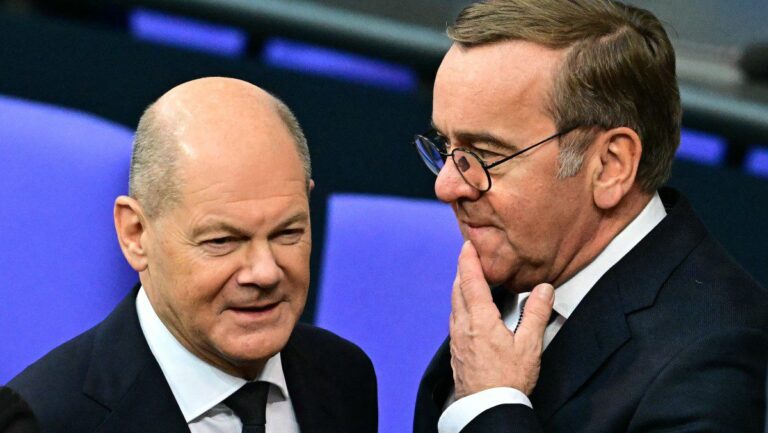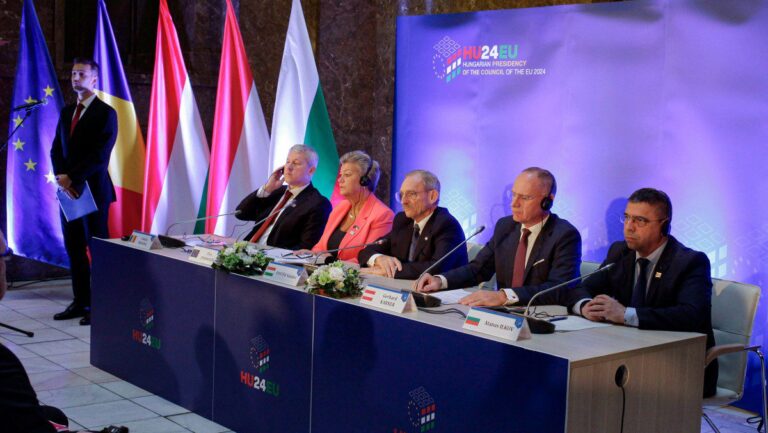Faced with the scale of the energy crisis, the French government decided a few months ago to radically change its position on nuclear power. After having championed the reduction of nuclear power in favour of renewable energies, it has now been forced by circumstances to urgently relaunch an ambitious nuclear investment policy. The mandate to close power stations, initiated during Emmanuel Macron’s previous five-year term, is no longer relevant.
From Tuesday, January 17th, a bill will be examined in the Senate to allow the construction of new nuclear reactors. The text, defended by Minister of Energy Transition Agnès Pannier-Runacher, is a technical text with the objective to avoid the deceleration of future construction sites due to administrative procedures or litigation. It is a direct consequence of Emmanuel Macron’s Belfort speech in February 2022, in which he announced the need for France to return to an “ambitious and sustainable” nuclear policy—just before the beginning of the Russian invasion of Ukraine.
The nuclear acceleration bill complements another bill, on renewable energy, which was approved by the Assembly in early January. This time, the political consensus is even broader; with the exception of the ecologists, all French political forces are in favour of strengthening nuclear power.
However, despite this unanimity on the project, the debates promise to be stormy. The opposition will not fail to seize the opportunity to denounce the inconsistency of President Emmanuel Macron and his about-face on this eminently strategic issue. In 2017, Emmanuel Macron was elected on the promise to reduce the share of nuclear power in the energy mix to 50%—the deadline having been pushed back in 2018 from 2025 to 2035. It was also during his first term that the Fessenheim plant was closed, in 2020. At the time, even Elisabeth Borne was delighted with this closure—before advocating, today, the exact opposite policy. As a matter of urgency, the shut-down reactors are being restarted one after the other. It is planned that 45 reactors out of 56 will be available by mid-January.
The text being examined in the Senate is just preliminary. The relaunch of nuclear power can only be effective once the multi-annual energy programme, which must set new electricity production targets, has been voted on and will only be finalised in the summer. The new programme will be the exact opposite of the one that was voted on in 2019, which prohibited any new reactor construction, and preempted the closure of twelve more—in addition to Fessenheim.
Public opinion is generally in favour of this change of direction. According to a recent Odoxa survey for Le Figaro, 60% of French people have a positive image of nuclear power today, compared with 51% in 2021, and only 34% in 2019. The war in Ukraine and the scarcity of resources seem to have played a role in this evolution.
The government’s change of direction is welcome, but it comes very late, at a time when the French nuclear industry is in deep crisis. The current fleet suffers from poor maintenance, and production has fallen, leading to fears of power cuts at the height of winter. The disengagement, for several years, of the state with its energy infrastructure, has led to a loss of competence and know-how: as former EDF (French utility company) CEO Jean-Bernard Lévy explained to MEPs in December, “it is not possible to be competent and efficient when you build a reactor every fifteen years.” The importance of launching an ambitious plan for the construction of numerous reactors in order to reach a critical mass that will allow work to be standardised, costs to be reduced, and performance to be improved cannot be overstated.
According to Le Figaro, to carry out this new campaign, comparable to the Messmer plan of 1974, it will be necessary to recruit at least 10,000 people per year until 2030, and to train the workers, technicians, and engineers necessary for such a project. The EDF company will have a hard time absorbing all these costs, precisely now when its balance sheet is the worst. As a result of the closures and maintenance problems, EDF produced only 65% of its usual electricity output in 2022—a shortfall of €65 billion.
The state, which has completely re-nationalised the company, will therefore pay a very high price, through its own fault, and because of bad ideological choices.





